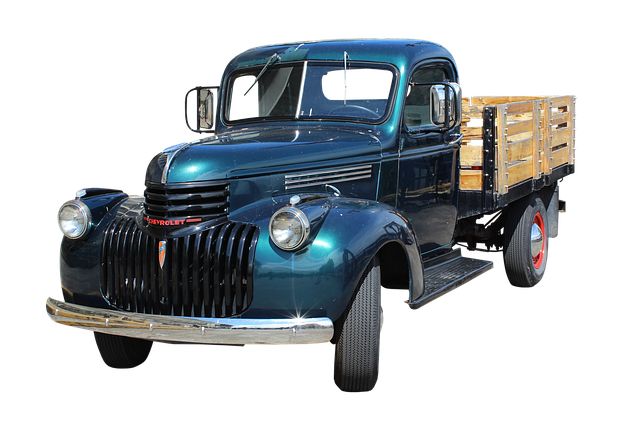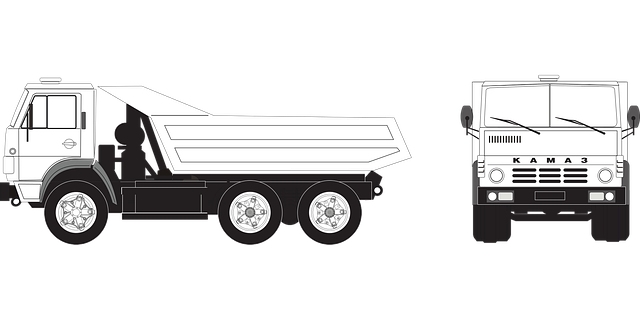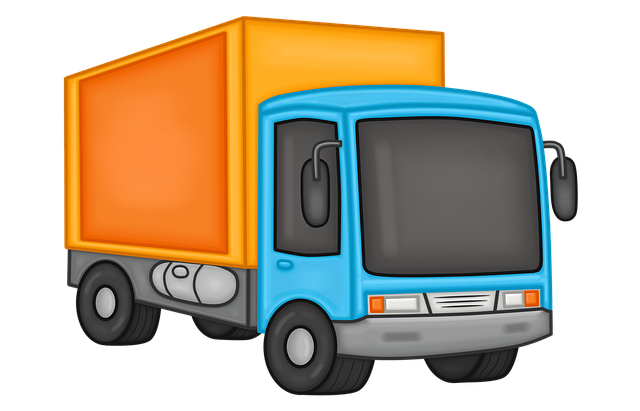Insurance startups catering to trucking companies must address unique risks like operator errors, vehicle malfunctions, and on-road accidents. They offer tailored policies covering liability, cargo damage, and physical damage, essential for small fleet owners and individual drivers. These affordable startup insurance solutions enable new trucking businesses to protect investments, meet regulations, and focus on growth rather than risk management.
In today’s competitive trucking and logistics landscape, ensuring comprehensive driver-related risk management is paramount for new businesses. This article guides insurance startups in navigating the intricate web of driver risks, offering insights on tailored solutions for small fleets. We explore essential components like physical damage and liability coverage, addressing affordability and accessibility challenges that new trucking companies face. By understanding these factors, startup owners can secure robust policies, mitigate risks, and thrive in a dynamic industry.
Understanding Driver Risks: A Comprehensive Overview

Understanding driver risks is paramount for any insurance startup catering to trucking companies, especially those navigating the complexities of a new trucking business. These risks encompass a wide spectrum, from operator errors and vehicle malfunctions to cargo damage and on-road accidents. For small fleet owners or individual drivers, managing these potential pitfalls can seem daunting, highlighting the need for tailored trucking policies.
When crafting coverage for a new trucking venture, key considerations include liability insurance that shields against claims related to injuries or property damage caused during operations. Cargo insurance is equally vital to protect valuable freight from loss or damage during transit. Furthermore, physical damage coverage plays a crucial role in safeguarding vehicles from accidents and mechanical failures, ensuring peace of mind for startup trucking companies seeking affordable startup insurance solutions.
Insurance Options for Startups in Trucking and Logistics

Starting a trucking or logistics business comes with unique challenges, especially when it comes to insurance. New trucking businesses require comprehensive coverage that protects against various risks, from liability for on-the-road accidents to cargo damage and physical damage to vehicles. Luckily, there are several insurance options tailored specifically for startups in these industries.
Affordable startup insurance is available for small fleets, offering both general liability insurance and specialized coverage like cargo insurance. These policies can be customized to meet the specific needs of a new trucking business, ensuring that physical damage coverage is adequate and that operations remain uninterrupted. With carefully crafted tailored trucking policies, young companies in the industry can focus on growth while knowing their risks are managed effectively.
Tailoring Physical Damage and Liability Coverage for Small Fleets

When it comes to insuring small fleets, particularly those belonging to new trucking businesses or startups, a one-size-fits-all approach won’t cut it. Insurance startups catering to this segment understand that each fleet has unique needs and risks, from cargo insurance to physical damage coverage. That’s why they offer tailored policies that address specific concerns of these emerging operations. By analyzing factors like vehicle type, driver experience, and operational scope, insurers can craft comprehensive yet cost-effective packages. This ensures that young trucking companies are protected against financial losses without burdening them with unnecessary expenses.
For instance, affordable startup insurance options might include enhanced liability coverage to protect against potential accidents involving cargo or third-party property damage. Physical damage coverage can be customized based on the type of vehicles, whether it’s a single truck or a small fleet, and the nature of their operations—local deliveries or long-haul trucking. This tailored approach not only meets regulatory requirements but also provides startups with peace of mind, allowing them to focus on growing their business rather than worrying about unexpected risks.
Affordability and Access: Making Quality Insurance Accessible to New trucking Businesses

Starting a trucking business can be an exciting yet challenging venture. One of the primary concerns for entrepreneurs is securing adequate insurance at affordable rates, especially when competing with established companies. Many new trucking businesses find themselves struggling to access quality insurance coverage that meets their unique needs and fits within their limited budgets. This accessibility issue often stems from the perception that traditional insurance providers primarily cater to larger fleets or well-established carriers, leaving startups and small fleets feeling left out.
To bridge this gap, innovative insurance startups are emerging, specifically tailored to serve the insurance needs of new trucking businesses. These startups offer a range of comprehensive policies, including liability insurance, cargo insurance, and physical damage coverage, all designed to protect entrepreneurs from driver-related risks. By focusing on affordability and accessibility, these startups make it easier for small fleets to obtain customized trucking policies that meet their specific operational requirements. This approach not only ensures that new trucking businesses can hit the road with confidence but also fosters a competitive environment where cost-effectiveness doesn’t compromise coverage quality.
Insurers now offer specialized solutions for startups in the trucking and logistics sector, addressing unique driver-related risks. By understanding these risks and tailoring coverage options like physical damage and liability insurance, new trucking businesses can mitigate financial vulnerabilities and navigate the industry with confidence. Affordability should not compromise quality; accessible startup insurance ensures that small fleets can secure comprehensive protection to safeguard their operations and cargo.
